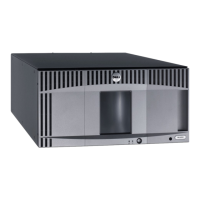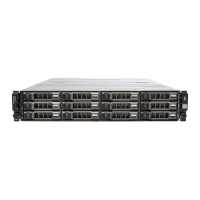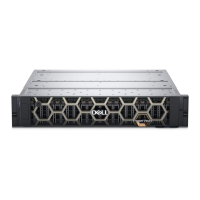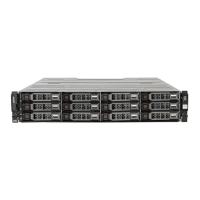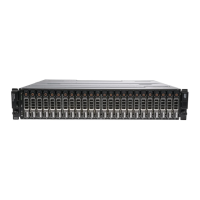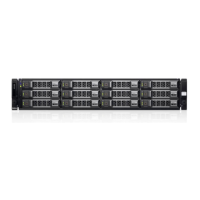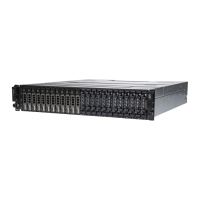PowerVault ML6000 Maintenance Guide 193
Troubleshooting the Tape Library
This chapter covers the following topics
• How the Library Reports Problems
• Working With RAS Tickets
• RAS Ticket Error Codes
• Diagnostic Resolutions
• Remove and Replace Resolutions
• Interpreting LEDs
• Interpreting "Library Not Ready" Messages
How the Library Reports Problems
The ML6000 uses advanced problem detection, reporting, and notification technology to alert customers of
problems as soon as they occur. The library performs numerous self-tests to monitor the library’s
temperature, voltage and currents, and standard library operations. It performs these self-tests each time
the library is powered on, and during normal operation when the library is idle.
If the self-test detects a problem, the library generates a service report, or RAS ticket, that identifies which
component is likely causing the problem. The library’s LEDs may also indicate an abnormal condition. If the
problem is not severe, the library continues to provide full functionality to all unaffected partitions.
When possible, the library provides instructions for resolving problems. These instructions appear on the
library’s operator panel, and are also available from the remote Web client.
Customers can frequently resolve a simple problem themselves, but if the problem is complex or involves
a field replaceable unit (FRU), the customer must contact Dell Technical Support. Only qualified service
technicians can service FRUs.
RAS tickets can be e-mailed to the service team for diagnosis, as can the snapshot of the library, which
provides detailed information regarding the overall status and health of the library. For details about the
snapshot, see Capturing a Snapshot
on page 11.
Working With RAS Tickets
RAS tickets are special service reports that describe the current reliability, availability, and serviceability
(RAS) of the library. RAS tickets provide detailed information about system problems.
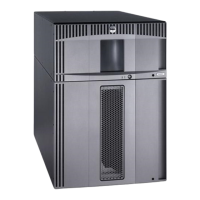
